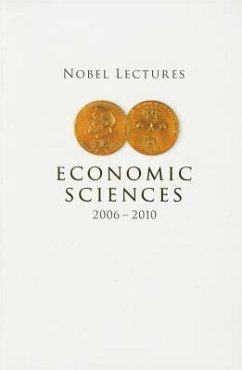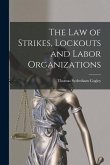The late Professor Ramos exposes the failure of social science in general to deal adequately with the needs of humanity in search of a meaning and order of existence and presents and alternative, a new science of organizations which address the problems of ordering social and personal affairs.
Hinweis: Dieser Artikel kann nur an eine deutsche Lieferadresse ausgeliefert werden.
Hinweis: Dieser Artikel kann nur an eine deutsche Lieferadresse ausgeliefert werden.








